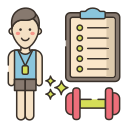Understanding Nutrition and Its Role in a Beginner's Fitness Plan
Welcome! Today’s chosen theme is Understanding Nutrition and Its Role in a Beginner’s Fitness Plan. If you’re just getting started, this guide will help you build confidence with food choices that fuel progress, reduce overwhelm, and make your first workouts feel rewarding—not exhausting.
Why Nutrition Comes First for Beginners
Food as Your Training Partner
Think of each meal as a teammate. Balanced protein, carbohydrates, and fats complement every beginner workout by supporting energy, muscle repair, and mood. Comment with your current goal, and we’ll help you match meals to movement.
Energy Without the Crash
New exercisers often over-caffeinate and under-eat. Instead, use steady meals with complex carbs and fiber to avoid crashes. Share a time you felt wiped mid-workout—we’ll troubleshoot smarter fuel together.
Confidence Through Clarity
When you know why you’re eating a certain way, confidence rises. Understanding portions, timing, and simple swaps turns guesswork into momentum. Subscribe for weekly tips tailored to beginner routines and real-life schedules.

Calorie Basics and Gentle Energy Balance
The Calorie See-Saw
Fat loss happens in a consistent calorie deficit; muscle gain needs adequate energy. For beginners, small changes matter most—slightly larger protein portions, more vegetables, and fewer liquid calories can shift the balance smoothly.
Portions Without a Scale
Try hand-sized portions: a palm of protein, a cupped hand of carbs, a thumb of fats, and two fists of vegetables per meal. It’s flexible, simple, and beginner-friendly for busy days.
Anecdote: Jamie’s First Month
Jamie stopped skipping breakfast, added a palm of protein at lunch, and cut sugary drinks. Without counting, energy improved, workouts felt lighter, and the first belt notch shift arrived in three weeks.
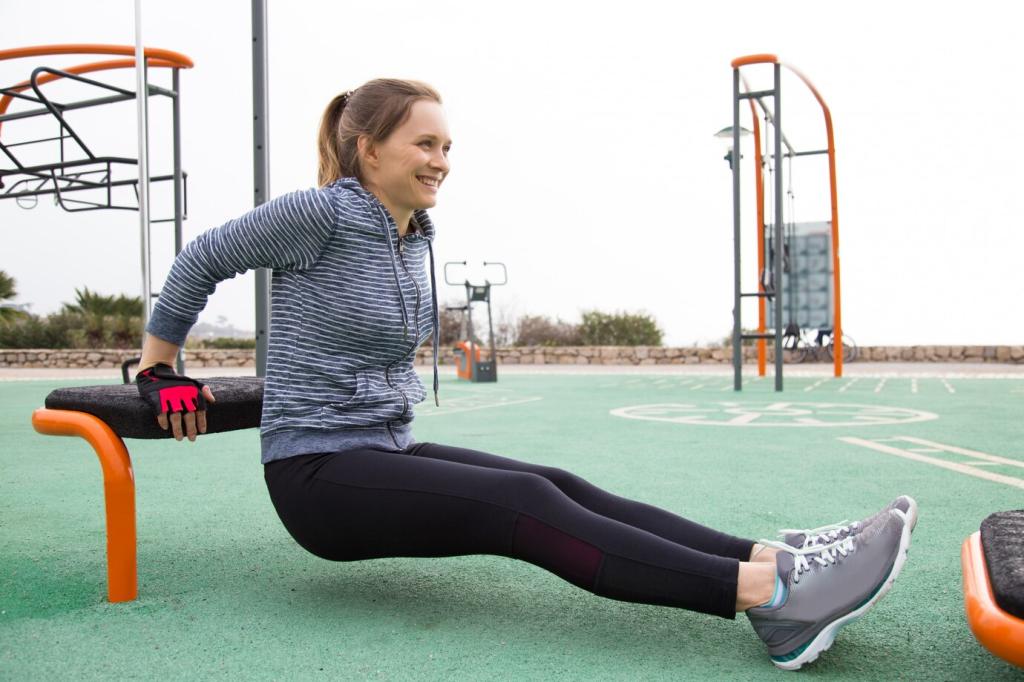
Micronutrients and Hydration for Momentum
Aim for two to three colorful vegetable servings daily. Variety boosts vitamin and mineral coverage. Try a rainbow challenge this week and share your plate—we’ll cheer you on and swap ideas.

Building Your First Beginner-Friendly Meal Plan
Pick two to three breakfasts, lunches, and dinners you enjoy and rotate them. Then swap elements: change the carb or veg, adjust seasoning, or try a different protein to keep variety effortless.
Building Your First Beginner-Friendly Meal Plan
Cook protein in bulk, chop vegetables ahead, and batch-cook a grain. These small steps remove friction on busy days. Share your schedule and we’ll suggest a prep plan that fits your week.
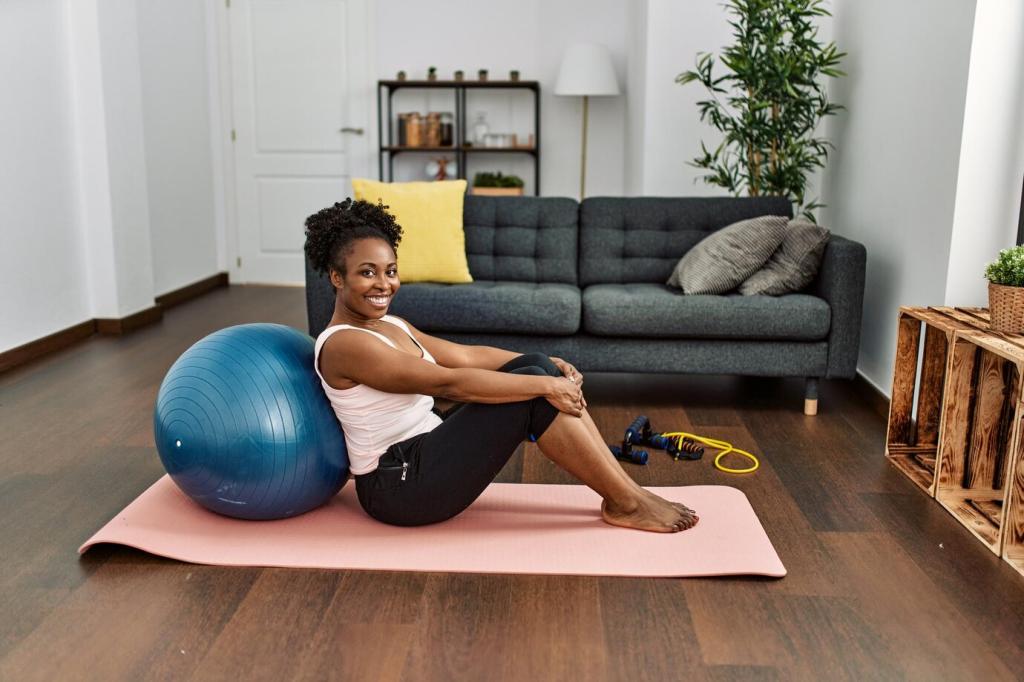
Pre- and Post-Workout Nutrition for New Starters
Forty-five to ninety minutes pre-workout, try a banana with peanut butter or toast with cottage cheese. Keep portions moderate to prevent discomfort while still supplying usable energy.
Pre- and Post-Workout Nutrition for New Starters
Within two hours post-workout, include protein and carbs to replenish glycogen and support recovery. Think grilled chicken and rice, tofu stir-fry, or yogurt with granola and fruit.
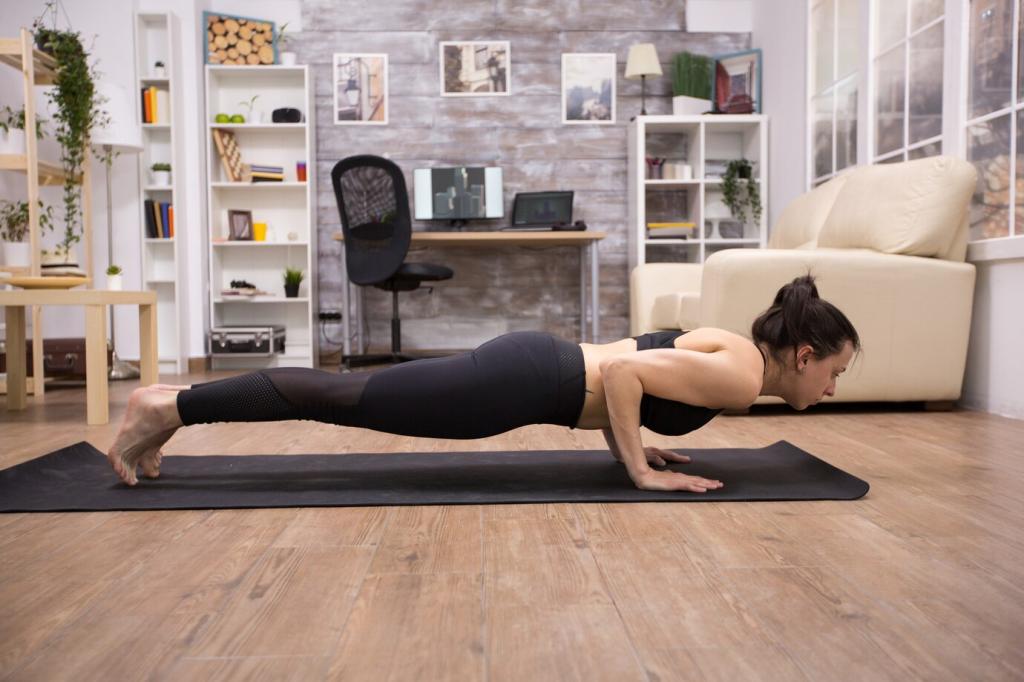
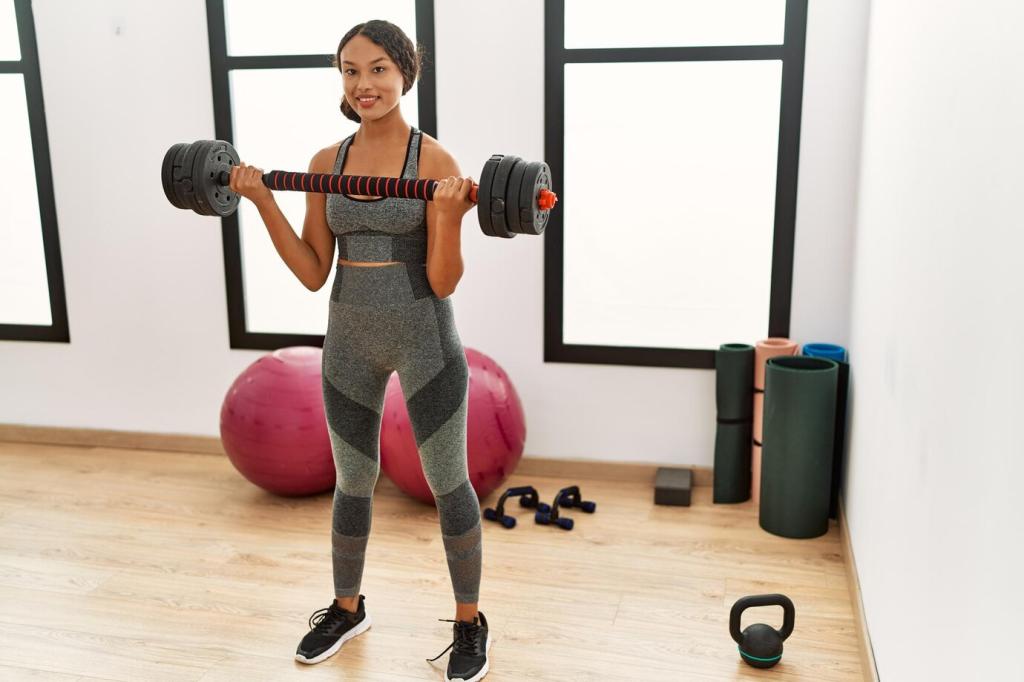
Shop the Pattern, Not the Plan
Buy by category: proteins, produce, carb staples, healthy fats, and flavor boosters. This pattern keeps you flexible when plans change but still aligned with your beginner fitness goals.
Decoding Labels Fast
Glance at serving size first, then protein, fiber, and added sugars. Compare like for like. Share a photo of a label you’re unsure about and we’ll walk through it together.
Budget-Friendly Staples
Canned beans, frozen vegetables, eggs, oats, rice, and seasonal fruit stretch far. Add spices and sauces for flavor without overspending. Comment your budget and we’ll suggest a tailored staple list.
Mindset, Habits, and Staying Consistent
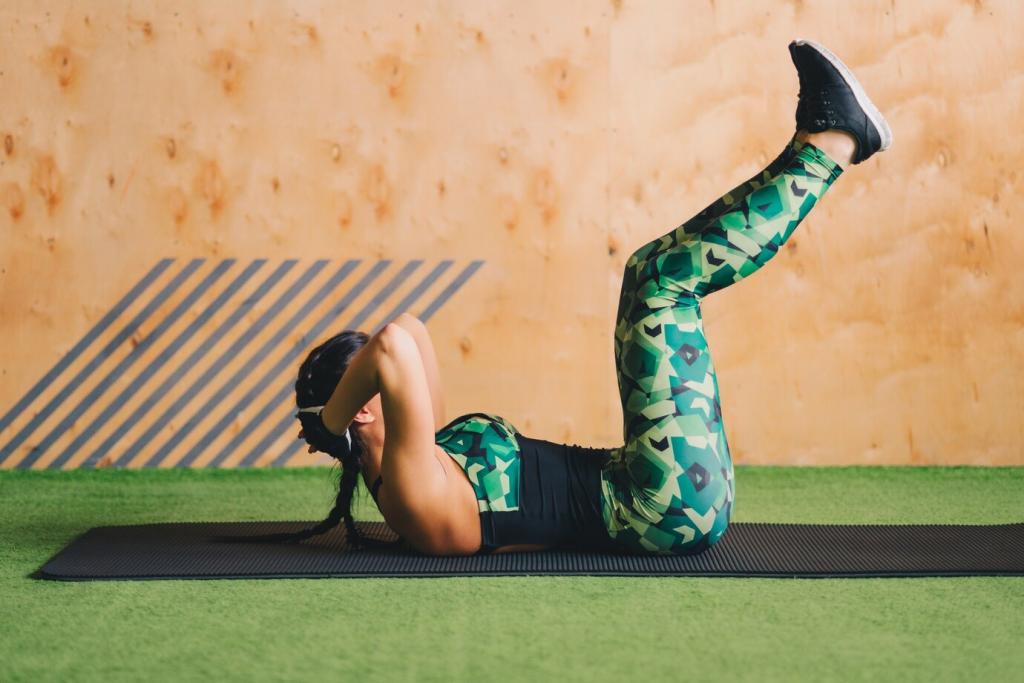
Pick one action for seven days: drink a glass of water with breakfast, add a fist of vegetables at dinner, or include protein at lunch. Report back and we’ll celebrate progress together.
